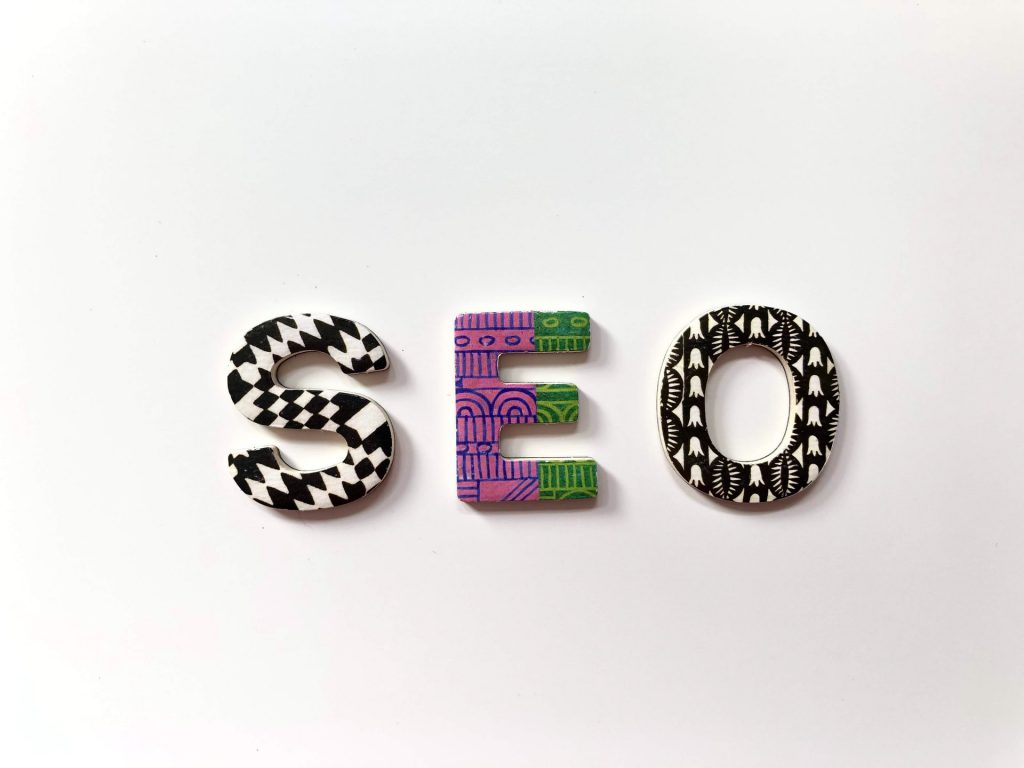Digital marketing refers to any online marketing efforts or assets, such as email marketing, social media marketing and even blogging.
Common digital marketing assets and strategies businesses use to reach people online are social media pages, product reviews, video ads, logos and many others.
The landscape of digital marketing strategies are constantly changing, but there are a few main ones that most businesses use.

One of which is search engine optimisation (SEO). This strategy is suitable for small-scale businesses or start-ups, because it’s free of charge.
SEO lets pages or posts on your business website rank organically, although it may take a bit of time and effort to do so.
Pay-per-click (PPC) advertising is a broad term that basically refers to digital marketing where you pay for every user who clicks on an ad.
Paid search advertising, in which Google, Bing and Yahoo allow you to run text ads on their search engine result pages, is one of the best ways to target potential customers who are actively searching for a product or service like yours.

There are major benefits to digital marketing for your business; among them is the ability to target a particular group of customers that will most likely purchase your product or service more effectively.
Digital marketing allows you to identify and target a highly-specific audience, then sends that audience personalised marketing messages.
You can take advantage of social media’s targeting features to show social media ads to certain demographics based on location, gender, age, interests and other variables.
Besides social media, you could also use SEO or PPC to show ads to users who have shown interest in your product or service, or to those who’ve searched for specific keywords that relate to the industry your business is in.

Another benefit of digital marketing is cost. It’s more cost effective than other traditional marketing methods, in that it allows you to monitor the performance of your marketing campaigns on a daily basis.
Doing so lets you determine which campaigns are working and which aren’t, so you can decrease spending on low-performing ones immediately.
Small businesses or start-ups without an in-house digital marketing team can invest in social media, blogging and SEO. These strategies are low cost with the potential of high return on investment (ROI).
Digital marketing can also give you a comprehensive view of all the metrics that matter to your business, such as views, shares, clicks, and time spent on page.
Measuring website traffic can help you prioritise which marketing channels to spend more time and money on, based on the number of people those channels are driving to your website.
This is a major benefit of digital marketing; seeing accurate results in real time compared to traditional marketing with no sure fire way of knowing if advertisements worked or not.
Digital marketing provides businesses with powerful and flexible opportunities for growth when properly used.
Read more: Tips for online entrepreneurs in a competitive business
Read more: Leveraging on technology for e-commerce
Read more: Blogging to market your products
Photo by Mikael Blomkvist from Pexels.




